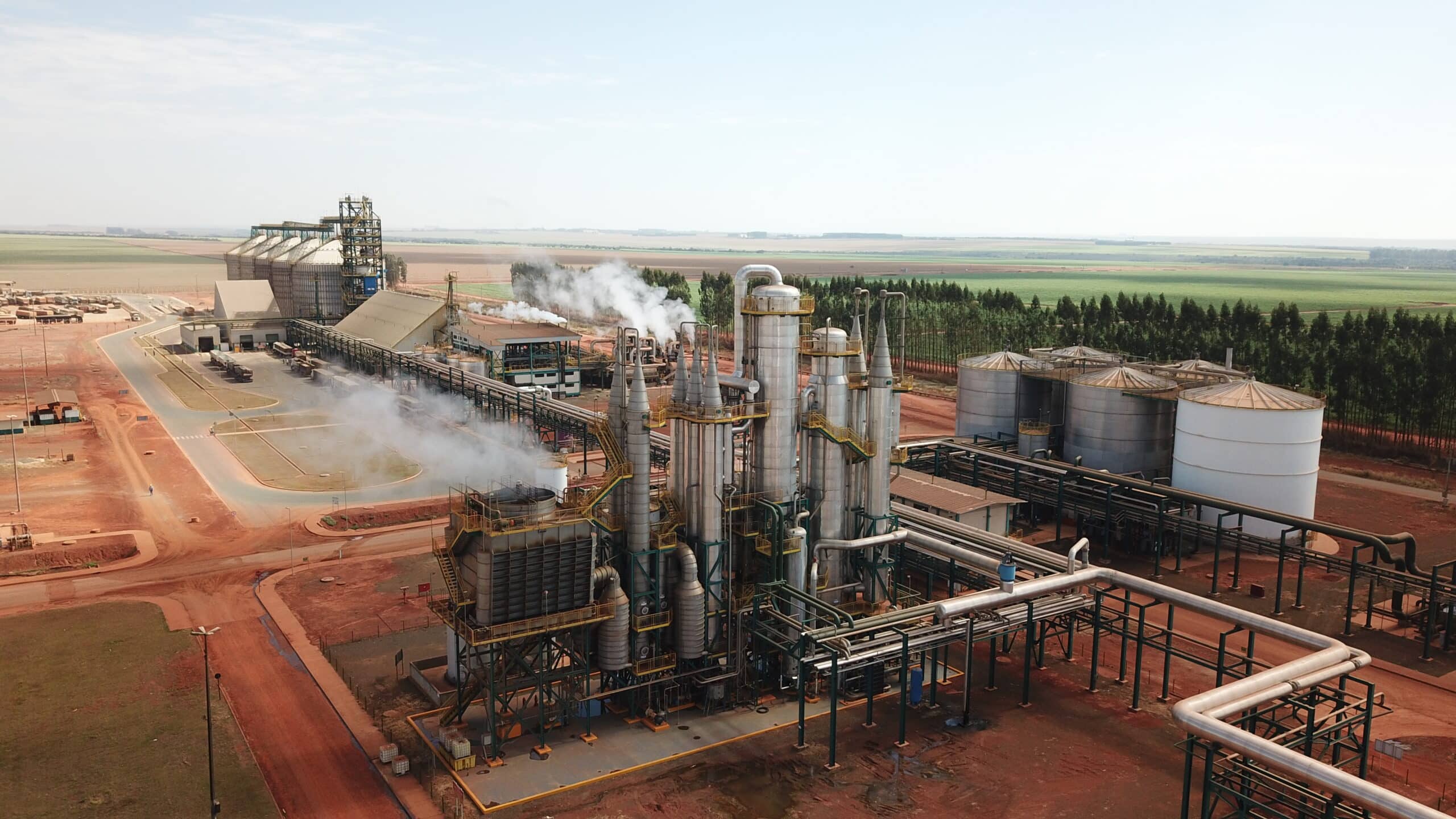
1500 jobs will be generated during the period of construction work on the ethanol plant and 150 permanent jobs, when Noemille's industry starts operating.
Last Wednesday (22), the Board of Directors of CerradinhoBio approved an investment of R$ 1,4 billion for the construction and working capital of the first phase of the new corn ethanol plant of Neomille (a subsidiary of CerradinhoBio) to be installed in Maracaju, southwest of the state of Mato Grosso do Sul.
Read also
- Continental, the most important multinational in the tire and automotive parts industry, calls for job openings at its factories in SP, BA and beyond
- Job vacancies to work at the multinational Ambev, the largest brewery on the planet, today December 27
- Direct sale of ethanol from plants is approved by the Senate and promises to stimulate competition and curb the increase in gasoline prices at gas stations
- The most expensive average price of ethanol and gasoline was found at gas stations in Rio de Janeiro, with an increase of more than 10% for biofuel
The plant will be built in two phases and, when operating at full capacity, will be able to process up to 1,2 million tons of corn per year, resulting in 550 million liters of ethanol, 330 thousand tons of DDGS (Dried Distillers Grains with Solubles), 105 GWh of energy and 22 thousand tons of oil.
1500 jobs will be generated for the plant's construction works and 150 permanent jobs when the plant goes into operation
Work on the first phase of the new plant will begin in March 2022, shortly after the conclusion of the Installation License, and production is expected to start in the second half of 2023. 1.500 jobs will be created during the construction period and 150 permanent jobs when the industry starts operating.
According to Paulo Motta, CEO of CerradinhoBio, “the excellent performance in the two units in operation – with consistent results in the last harvests – strengthens our expansion agenda and gives us the tranquility and security necessary for this important step”.
Maracaju is the largest corn producer in the state of Mato Grosso do Sul and has favorable conditions for purchasing biomass and marketing co-products.
About CerradinhoBio
A company operating in the biofuels and bioelectricity sector, CerradinhoBio has an industrial unit in Chapadão do Céu – GO. Considering the sugarcane and corn plants, CerradinhoBio has a crushing capacity equivalent to 9 million tons of sugarcane and generates 3.800 direct and indirect jobs.
In the neighboring municipality of Chapadão do Sul - MS, the Company maintains a railroad transshipment terminal to transport its own ethanol production and that of third parties to the region of Paulínia, in São Paulo, the main fuel distribution link in Brazil. It belongs to the Cerradinho group, which has more than 4 decades of experience in the sugar-energy sector.
Volkswagen, Bosch, Nissan, USP and UNICAMP study technology with ethanol and realize the dream of an electric car running without a battery
Can you imagine if you stop a car, fill it with ethanol, remove the hydrogen, feed the fuel cell and make the car run electrically? Well, the large multinationals Bosch, Nissan and Volkswagen believe in the electrification of cars using ethanol, and seek partnerships with major institutes such as USP and UNICAMP, in addition to deepening with ethanol producers, to make this dream a reality!
Brazil is the largest global producer of ethanol and we have the biofuel at all service stations in Brazil. Therefore, it would be enough to stop the car at the gas station, fill up with ethanol, remove the hydrogen, feed the fuel cell and make the car run electrically! This energy is clean indeed!
In Brazil, we still have another advantage, because most of our electricity, when taken, comes from hydroelectric plants. These plants emit some carbon dioxide, but it is very little compared to the emission of a thermal plant using diesel, coal, or any other fossil fuel.
Raízen will help Brazil expand ethanol globally by licensing 2nd generation technology to other countries
Francis Queen, vice-president of ethanol, sugar and bioenergy at Raízen, stated that the company can license second generation ethanol technology, or 2G, to other countries, “We need to have more producing countries, this is essential for ethanol to be one commodity global”, he said during the event Fenasucro & Agrocana Trends.
“We see very positively that India will increase ethanol production, we want to see that in Thailand as well. We, at Raízen, are willing to help technically. We are even talking about licensing 2G ethanol technology to other countries.” 2G is produced with by-products or co-products of the conventional biofuel production process.
At the same event, the Director of Biofuels at the Ministry of Mines and Energy, Pietro Mendes, was present, who said that the government works to expand ethanol globally both in terms of public policies and with the private sector. “It is important that other governments understand how Brazil has developed a public policy on ethanol, what regulation is like. But that doesn’t work without the private sector either,” he said.








